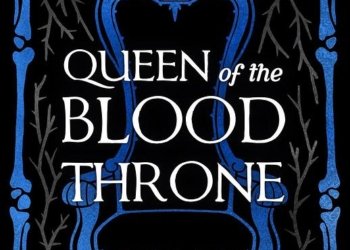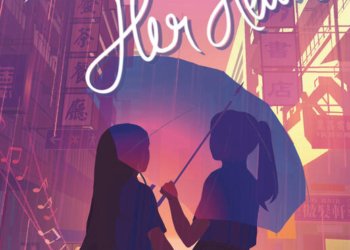No products in the cart.
Call Me Zebra by Azareen Van der Vliet Oloomi
There are some literary works that can be difficult to read. Call Me Zebra by Azareen Van der Vliet Oloomi is one of such books. But when does the word “difficult” change from a strength to a weakness? Depending on the reader, it might.
Zebra comes across as harsh from the first line of this novel’s first-person narration, which frequently reads more like an oration. Of course, it is impossible to avoid feeling pity for the immense loss and anguish that this character endured at such a young age, as well as for the sentiments of exile that lingered into adulthood.
I was confident that those forgotten memory shards, which had been sharpened into spears on the craggy cliffs of time, would eventually elude me and stab me in the abdomen. Without a shadow of a doubt, I would be plunged into a maze of anguish after the passing of my father, one from which I might never emerge.
Zebra, though, doesn’t do anything to let folks in. She rails zealously against what she considers to be ignorance. Her wandering, stream-of-consciousness musings are frequently pessimistic and loaded with fatalism.
What set me apart was intangible and vague. It was the sense of emptiness that I carried everywhere I went—a void that, in contrast to them, I was convinced they had never known—and that I had carried for so long that it had taken over my existence. The only way I might have known I was still alive was by observing the ruinous heap continue to swell, waste drawing more junk until it became insurmountable.
I would only suggest Call Me Zebra to people who enjoy language and words. It’s “likely to be every book nerd’s crazy fantasy,” according to Bustle. I wouldn’t have stuck with Zebra’s cumbersome, frantic, and frequently deranged story if I didn’t have a strong propensity to find decadent language, literary quotation, and argument appealing.
In all honesty, there were times when I had to put this book away because Zebra’s cynicism and ongoing self-destructiveness were a little too taxing. But I kept returning to it. Why? The darkest of humour might be found in the middle of her most insane outbursts.
Zebra’s antisocial behaviour and the actions of oblivious bystanders provided humour in the same manner that a coming train catastrophe makes one curious. But mainly because this book also contains numerous original creative works by the author in addition to countless quotations from literary greats.
I am pleased I read all the way through this book even though the plot itself didn’t have the satisfying resolution I had hoped for and I related to the characters more than the protagonist herself. Although the narrative of Call Me Zebra was occasionally a little heavy-handed for my tastes, this radical and absurdist approach to the study of bereavement and cultural exile is unquestionably remarkable.
About The Book
A story that follows a strong heroine as she struggles to negotiate the murkier secrets of love while trying to regain her past via the power of books. Zebra is the final in a line of atheists, anarchists, and self-taught individuals. Her family chose to seek solace in books rather than fight when war broke out.
Zebra, who is currently alone and in exile, travels from New York to Barcelona by retracing the route she and her father took to get to America years ago from Iran. Zebra’s only friends are books, at least until she meets Ludo. Their chemistry is irresistible, but their time together is risky.
Zebra overwhelms him with her intricate literary views, worry about dying, and interest in history. She views him as pedantic, while he perceives her as insane. Both parties must work together because neither is right. With each manoeuvre, they push and pull themselves across the Mediterranean, wondering if their lust or love can set Zebra free from her history.
The Review
Call Me Zebra
10 Score
This story ripped out my heart at the same time I was laughing in hysterics. At turns surreal, poignant, tragic and absurd, the bank of literature in Zebra's heart and brain astounds, while she navigates her state of exile while wheeling her dead father around in her suitcase. Zebra travels backward through her family's erasure while acknowledging the impossibility of finding meaning in much of life's opaqueness. This is a brilliant book that deserves multiple reads to even begin to uncover the layers of complicated references, inferences, and discoveries.
PROS
- Heartbreaking And Hilarious.
- A Challenging Intellectual Journey.
- Deliriously Funny Novel.
- Strong Female Characters.
CONS
- Insufferable Pretentious Rambling.
- Convoluted And Depressing.
- Over Wrought.
- An Unstable Narrator.











